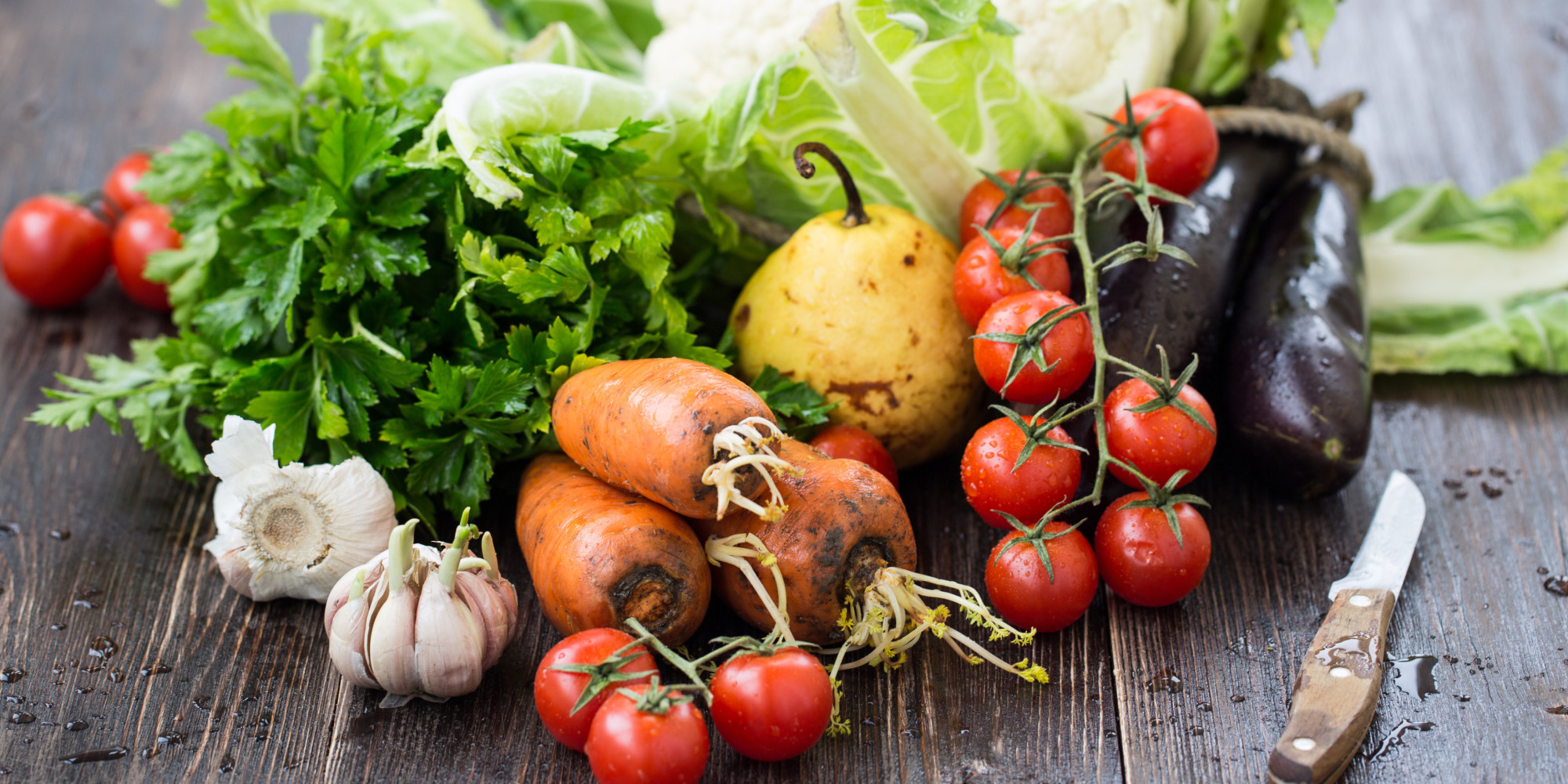
Being vegetarian can come with many benefits from reducing your cancer risk to slashing your carbon footprint. But if your goal is to reduce your weight, you may have to look into a few areas before you choose to go vegetarian.
Healthy options – Just because the food is vegetarian it doesn’t mean that it is healthy. When choosing vegetarian meals, opt for meals that are not fried and those that have a varied serving of vegetables.
Whole-food carbs – Look for whole food carbs like brown rice, beans, and sweet potatoes, instead of choosing processed carbs like bread and pasta. Whole food carbs will regulate your blood sugar and keep you full for longer.
Staying away from fruit – Although fruit is still sugar, fruit sugars are great to reduce inflammation and help hormonal imbalances that can cause you to get hungry. Look at eating whole fruit so that your body receives the fiber and nutrients it needs to maintain a healthy weight.
Include vegetarian protein – When you add vegetarian proteins to a vegetarian diet, most dieters will automatically eat less than 400 calories a day. Look at plant-based proteins, like beans, legumes, lentils, quinoa, and nuts.
Processed food – When in a hurry, vegetarians may grab a tofu or pea-based meat substitutes, but often these products are processed and include a lot of preservatives and salt. Therefore, it is best to avoid such meals and opt for preparing your meals in advance.
Pesticides – When you consume more vegetables, you will automatically consume more pesticides. To reduce exposure opt to eat seasonal fruits and vegetables.
